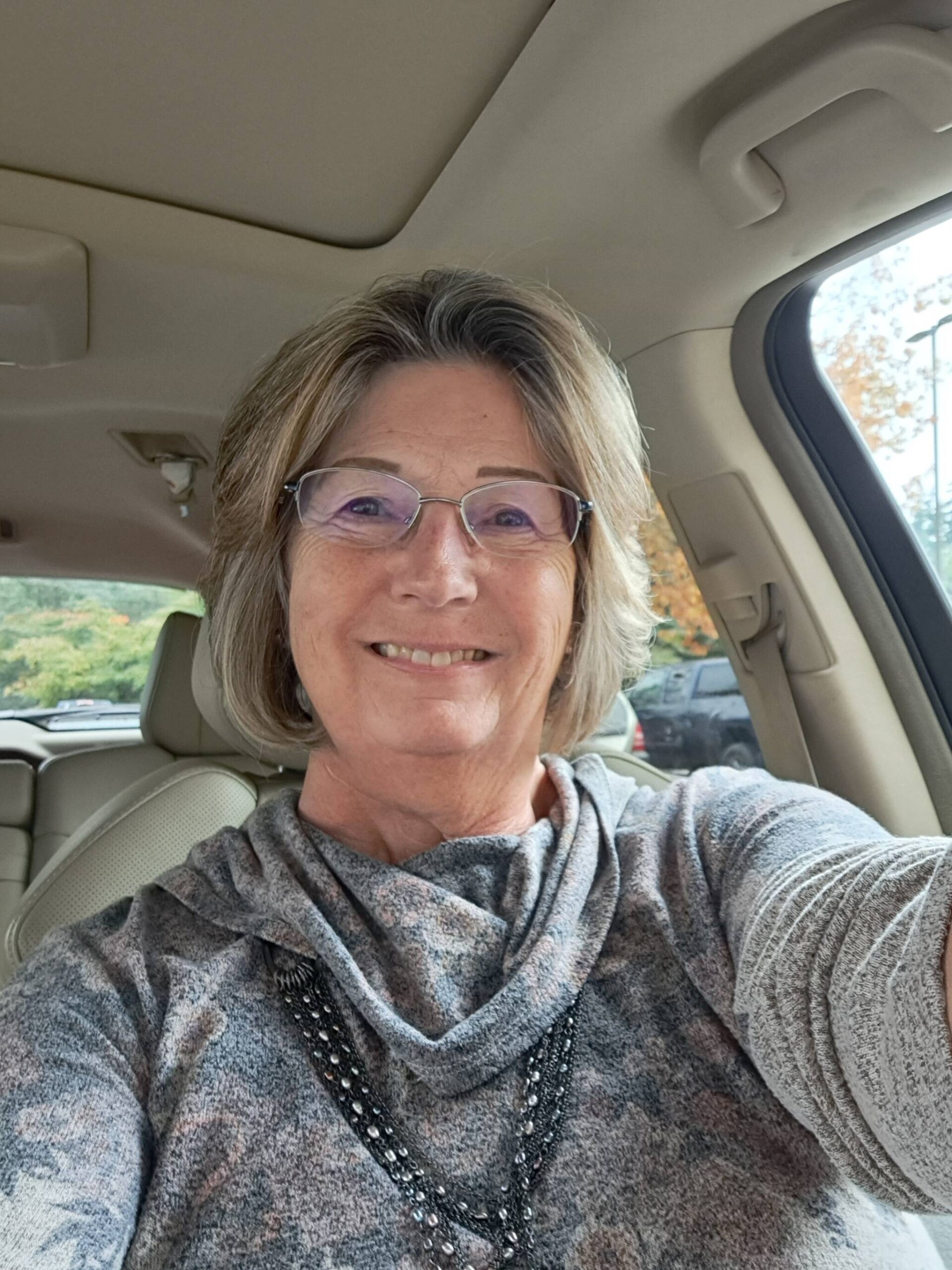Moments after my first News-Times column appeared on March 2, Sandi Peterson sent me a message. Perhaps we could have a conversation, she said.
Peterson is president of Civility First, a bipartisan Whidbey organization (yes, there’s such a thing) whose mission includes “civility as a necessary and foundational practice in meaningful public discourse.”
Why does this matter? In 2019, Civility First found 68% of surveyed Whidbey Islanders avoided family members because of political and social polarization. Think about that – two-thirds of us. Polarization leads to alienation. And we give up on relationships with the ones we hold most dear. That’s why it matters.
Over coffee last week, a few things were clear. First, Sandi Peterson is a bold, hopeful woman who believes our best days are still ahead, and that the key to reaching them is civility: Respect others, listen, be kind. But she isn’t naïve in her vision. Too often, Peterson sees her organization’s work overshadowed by our intrinsic need to take sides, divide and polarize.
“We are contrarians by nature,” she says. “We like our silos. People are tribal.” Closed minds combine with one-sided messaging, as our walls shield us from having to listen to anyone who disagrees with us.
From hopeful visionary to harsh realist, Peterson’s determined expression doesn’t change. She’s eager to face the challenge, daunting as those silo walls may be to the Don Quixotes among us. You get the feeling Peterson has the tenacity to tilt at those windmills all day long. We’ll get there, she says. “A little piece at a time.”
You’d think a smile, a handshake and a respectful listening ear would appeal to everyone. Turns out, as Peterson has found, maybe that’s not so true. When it comes to our deeply held beliefs, it can be just the opposite.
It’s almost like being good to each other is boring. Like life has no flavor if we don’t make an enemy of someone.
So, how does a group like Civility First hope to engage citizens with its message of respectful dialogue?
“People have to be willing to look for common ground,” Peterson says, acknowledging that common ground looks weak to some people. But when we have passionate opinions, isn’t it actually easier – and weaker – to dig our heels in and refuse to listen to anyone else?
Doesn’t it actually require great strength to find something we can agree on? Don’t we need to be strong to listen to others? Doesn’t it take solid character to let another person get their whole thought out, without interrupting or arguing or contradicting?
Like physical strength, civility doesn’t just happen if we lie around on the couch of lazy thinking. We have to, metaphorically, hit the gym. It takes hard work, repetition, and focus.
We might even need a personal trainer. Which is where Civility First comes in, with workshops designed to train those muscles of listening, respect and common ground.
Peterson contends that our normal “listening” mode is in preparation to react; we only hear enough to jump in and interrupt with our own argument. But that isn’t real listening, she says. We need to be curious. We need to ask questions. And we need to be strong enough to learn something from the answers we hear.
What would it feel like, Civility First asks, if you could have conversations with people who disagree with you, start tricky conversations respectfully and stay civil without feeling you are giving up your beliefs or opinions?
Does Civility First advocate for “moderate” political views? Is that what all this listening and respecting leads to? Not in the least, Peterson says. Strong, well-formed opinions are crucial to solid discourse. Just as important, though, is asking questions. Respectful questions like “how did you come to believe that?”
Peterson’s story explains a lot. “I grew up in a family of politically active Democrats,” she tells me. “I learned politics every day growing up, because we talked about it at home.”
And what happened next? “I became a Republican,” she says with a laugh.
Her continuing journey has led Peterson to the Washington Federation of Republican Women, to a term as chair of the Island County Republican Party and to her current position as President of Civility First. She works with fellow Republicans, lifelong Democrats, Quakers and independents, who all believe in productive dialogue.
I asked Sandi how she would define an ideal leader in this effort. If she could sculpt, from fresh clay, someone who could move our island toward common ground with respect and kindness, what would that leader look like?
“A good listener,” she replied quickly. Then, going deeper, “they would let each person get their feelings out and encourage each of us to play to our strengths. They would remind us of our humanity and bring us together through what we all have in common. They would convince us that it’s possible to disagree and to talk about it without fighting. And they would motivate us all, by example, to make that happen.”
After an hour and a half and a cup of coffee, it sounds a lot like Sandi Peterson is exactly that person.
William Walker’s monthly “Take a Breath” column seeks paths to unity on Whidbey Island in a time of polarization. Walker lives near Oak Harbor and is an amateur author of four unpublished novels, hundreds of poems and a stage play. He blogs occasionally at playininthedirt.com.



